Braces
Call our clinic to schedule your consultation:
(905) 737 8777
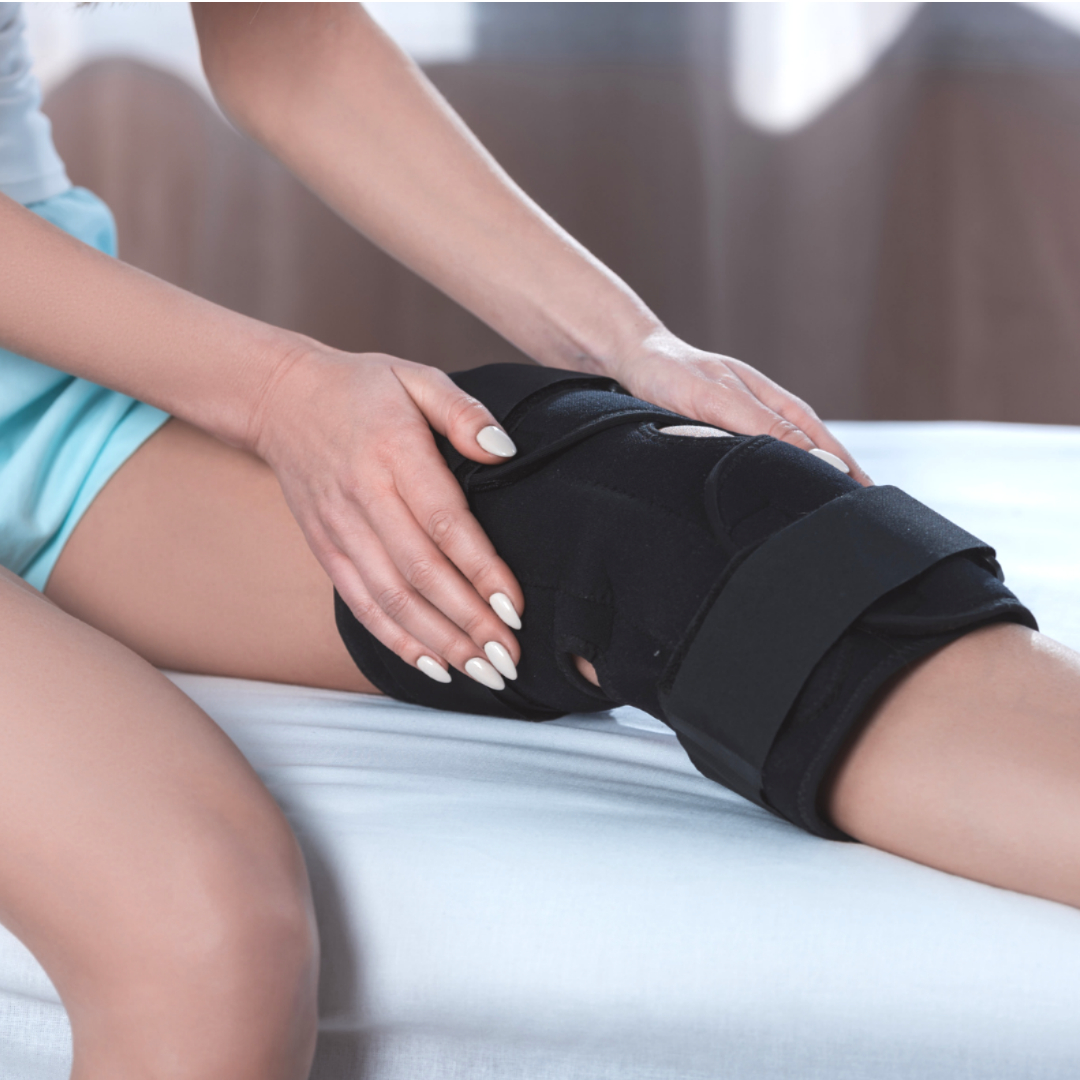
What are the Injury Braces?
The injury braces, also known as sports braces or athletic braces, are devices designed to provide support, stability, and protection to injured joints or muscles during physical activities or repetitive work duties. These braces are commonly used by workers, athletes or individuals engaged in sports and physical activities, or work related physical load to help prevent injuries or to support injured areas while allowing continued participation in sports or work activities.
These braces are ingeniously engineered to address specific anatomical needs, whether it’s the knee, ankle, elbow, wrist, or shoulder. By offering external support, they help athletes maintain proper alignment and reduce excessive movement that could exacerbate injuries or lead to new ones. This support is particularly beneficial for athletes recovering from injuries like sprains, strains, or ligament damage, allowing them to safely resume training and competition with reduced risk of further harm.
Function of Braces
Injury braces can vary in design and function depending on the specific injury or condition they are intended to address. It’s essential to choose a brace that fits properly and provides the right level of support without restricting movement excessively. Additionally, braces should be used in conjunction with appropriate rehabilitation exercises and under the guidance of a healthcare professional to optimize recovery and prevent further injury. Proper fit, type of brace, and duration of use are critical factors to ensure effectiveness and avoid potential complications. Braces are often part of a comprehensive treatment plan that may include rehabilitation exercises, medications, and lifestyle modifications aimed at optimizing joint health and function.

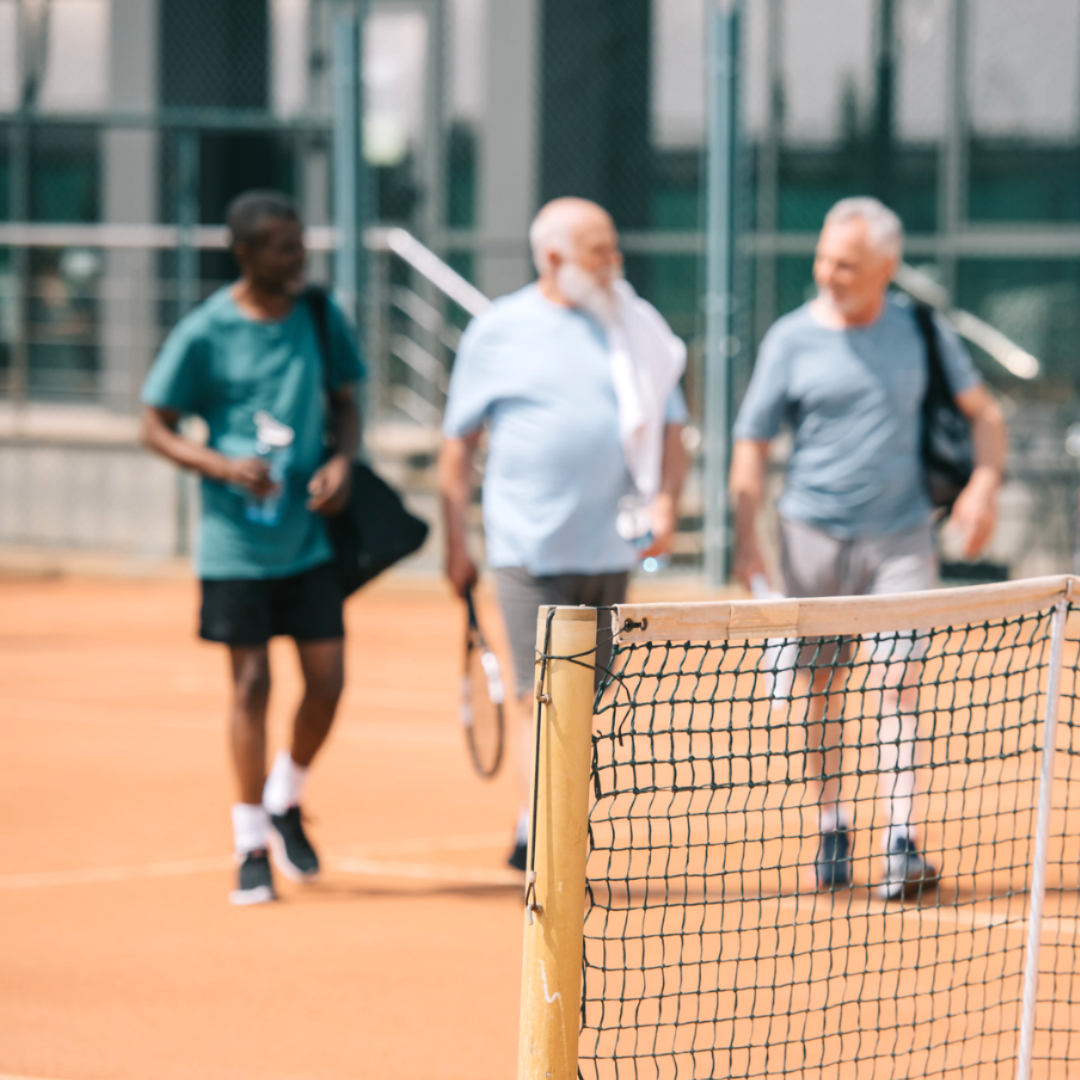
Who will benefit from wearing the braces?
Athletes and Sports Enthusiasts:
Athletes often wear braces to prevent injuries or to support and protect injured joints during sports activities. For example, knee braces can help prevent or manage knee injuries like ligament strains or tears.
Individuals Recovering from Injuries:
People recovering from injuries such as ankle sprains, tendonitis, or muscle strains can benefit from wearing braces to provide stability, support, and protection during the healing process.
Individuals with Chronic Joint Conditions:
Individuals with chronic joint conditions such as arthritis may benefit from braces to reduce pain, provide support, and improve joint function. For example, knee braces can help stabilize the knee joint and reduce discomfort during daily activities.
Workers with Physical Demands:
Individuals whose occupations involve repetitive movements or heavy physical labor may benefit from braces to prevent overuse injuries or to support joints under stress.
Those Seeking Injury Prevention:
Braces can be used proactively to prevent injuries during activities known to pose a risk, such as running, jumping, or playing contact sports. For instance, ankle braces can reduce the likelihood of ankle sprains in basketball players.

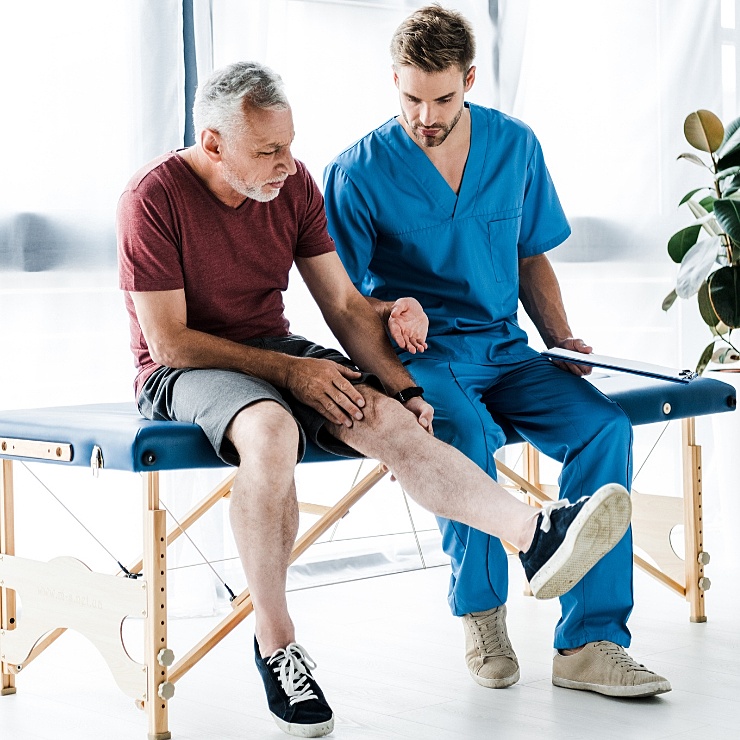
People Recovering from Surgery:
Following orthopedic surgery (e.g., knee surgery, shoulder surgery), braces may be prescribed by healthcare professionals to protect the surgical site, provide support, and aid in the rehabilitation process.
Individuals with Joint Instability:
People with joint instability, whether due to previous injuries or underlying conditions, can benefit from braces to improve joint stability and reduce the risk of further injury.
Senior Citizens:
Older adults may benefit from braces to support weakened joints, alleviate arthritis pain, and maintain mobility and independence.
Types of Braces
Knee Braces:
- Knee Sleeves: Provide compression and mild support for the knee joint. They are commonly used to manage mild knee pain or swelling.
- Knee Supports: Provide additional stability and support for the knee joint. They may include hinges or straps to limit movement and protect against further injury.
- Patellar Tendon Straps: Specifically target the patellar tendon to alleviate symptoms of conditions like patellar tendonitis (runner’s knee).
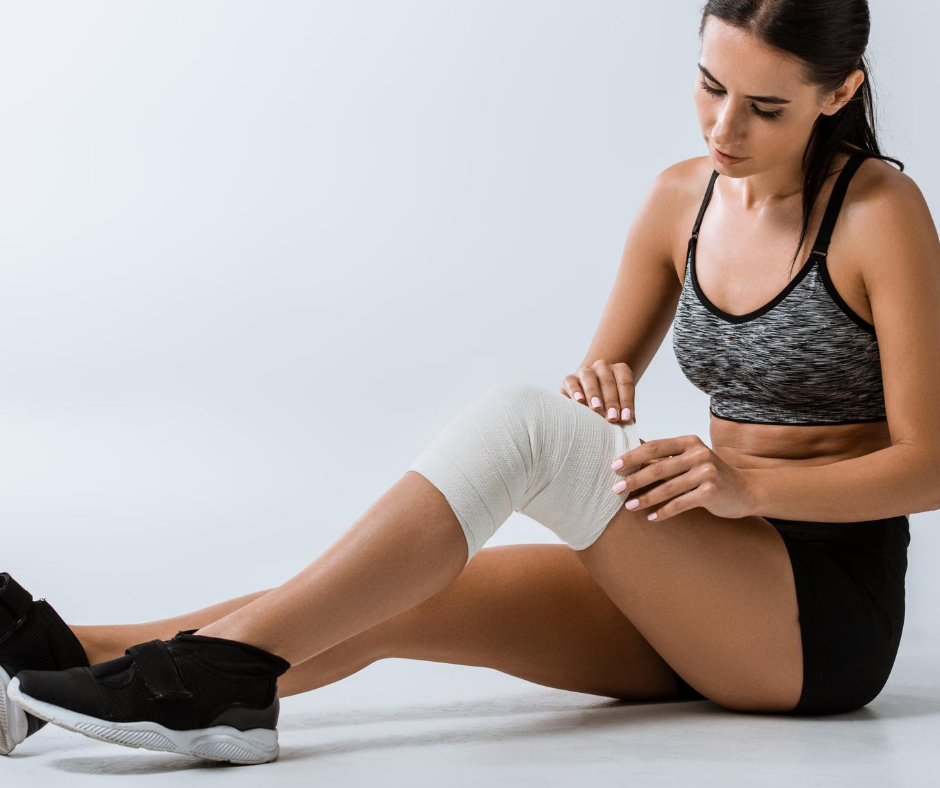
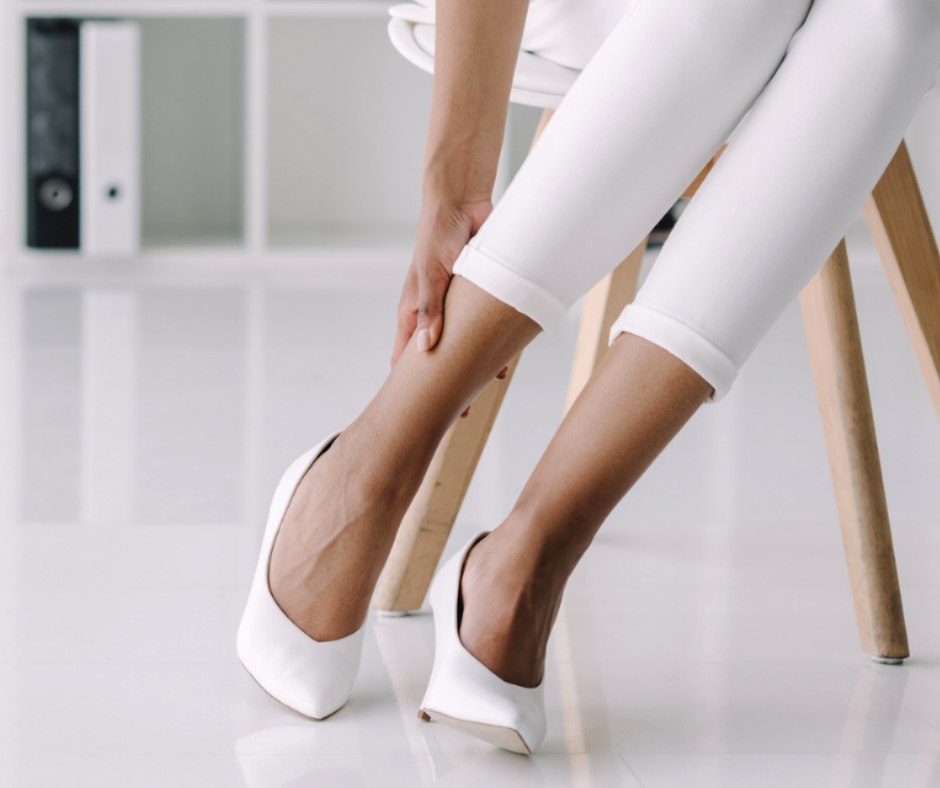
Ankle Braces:
- Lace-Up Ankle Braces: Offer support and stability for the ankle joint, particularly useful for preventing or recovering from ankle sprains.
- Ankle Sleeves: Provide compression and mild support for the ankle, helping to reduce swelling and promote healing.
Elbow Braces:
- Tennis Elbow Braces (Epicondylitis Straps): Target the forearm muscles to relieve pain and prevent further strain associated with tennis elbow (lateral epicondylitis) or golfer’s elbow (medial epicondylitis).
- Elbow Sleeves: Offer compression and support for the elbow joint, useful for managing conditions like tendonitis or mild strains.
Wrist Braces:
- Wrist Supports: Provide compression and stability for the wrist joint, often used for conditions like carpal tunnel syndrome or wrist sprains.

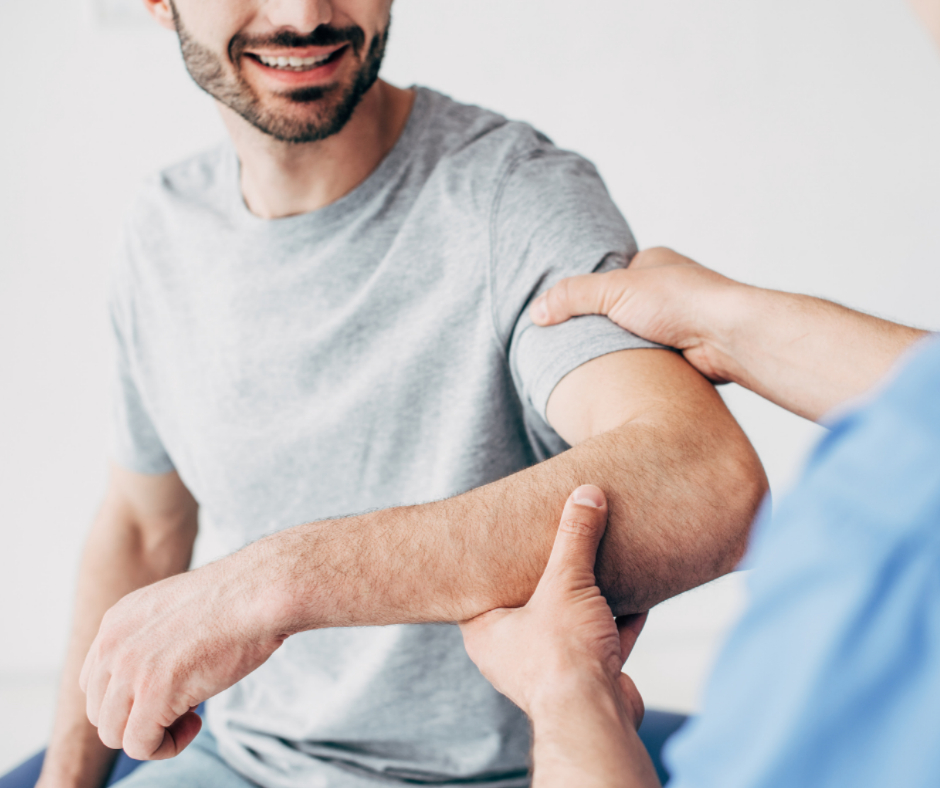
Shoulder Braces:
- Shoulder Supports: Offer stability and support for the shoulder joint, typically used for shoulder instability or after a shoulder injury.
Back Braces:
- Lower Back Braces: Provide support and compression for the lower back, helpful for managing back strains or minor injuries.
Pricing
Braces
The doctor’s prescription is required to get reimbursed by the extended health care insurance (work benefits).
